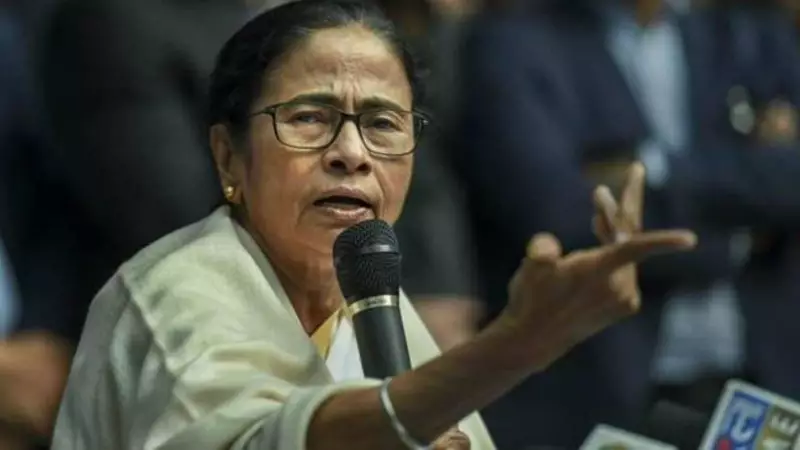
The political landscape in West Bengal has erupted in controversy as the Mamata Banerjee-led government launches fierce protests against the Centre's decision to dramatically alter the state's Other Backward Classes (OBC) list. The heart of the conflict lies in the exclusion of 77 Muslim communities from the state's OBC categorization.
The Quota Controversy Explained
According to state government officials, the National Commission for Backward Classes (NCBC) has approved a revised OBC list for West Bengal that removes dozens of Muslim communities while adding several other groups. This move has sparked outrage within the ruling Trinamool Congress (TMC) party, which alleges the decision is politically motivated and timed to influence upcoming elections.
The timing is particularly significant, coming just months before crucial parliamentary polls where West Bengal's substantial Muslim population could play a decisive role in determining electoral outcomes.
What the Numbers Reveal
State government data paints a stark picture of the impact:
- 77 Muslim communities completely removed from OBC status
- Muslim representation in OBC quota potentially reduced from approximately 80% to just 20-25%
- Several Hindu communities added to the revised list
"This is nothing but a deliberate attempt to polarize voters and undermine the state's authority," claimed a senior TMC leader who spoke on condition of anonymity.
Constitutional Clash and Federal Rights
The Bengal government argues that the Centre's intervention violates the constitutional framework that grants states the power to maintain their own OBC lists. State officials emphasize that West Bengal has historically maintained a separate OBC list distinct from the central list, a right they believe is now being unlawfully encroached upon.
Legal experts are divided on the matter, with some suggesting the NCBC has the authority to modify state lists, while others maintain that states retain primary jurisdiction over backward classes identification.
Political Fallout and Election Implications
The timing of this decision has raised eyebrows across political circles. With general elections looming, the move is seen by many observers as potentially altering the electoral calculus in a state where Muslim voters constitute approximately 30% of the population and have traditionally supported the TMC.
Protests have erupted across Kolkata and other parts of West Bengal, with TMC workers and supporters taking to the streets. The state government has vowed to challenge the decision through all available legal and political channels, setting the stage for a prolonged confrontation between Kolkata and Delhi.
As the battle over OBC reservations intensifies, all eyes remain on how this controversy will unfold and what impact it might have on both state politics and national electoral dynamics.






